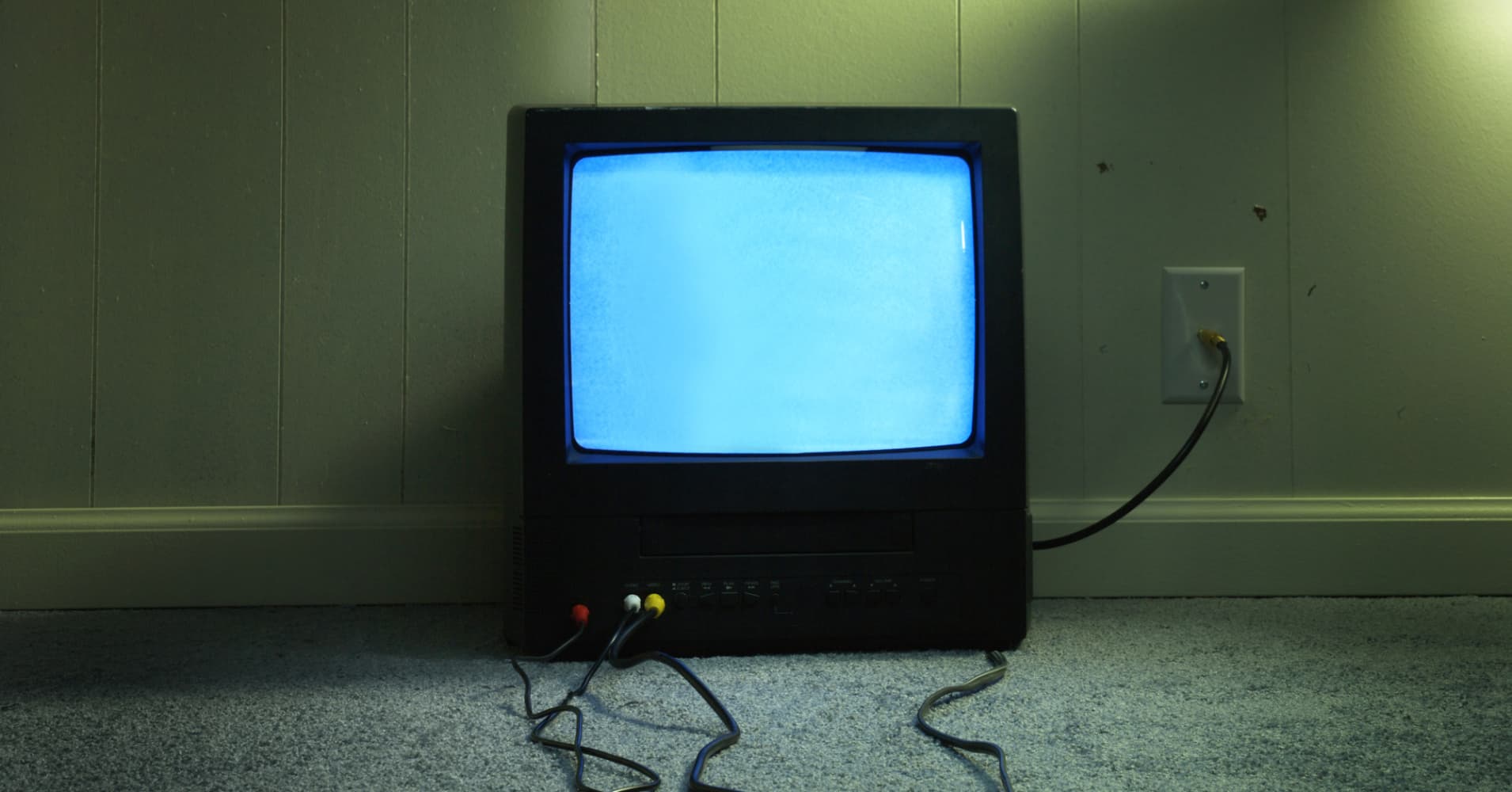
Chances are you’re not too familiar with Cable One. It’s the seventh-largest U.S. cable company, serving customers in Idaho, Texas, and other states, with its headquarters in Phoenix, Arizona.
But if you’re interested in the future of media, you may want to pay attention.
This week, Cable One CEO Julie Laulis said bundling TV with internet is not a particularly effective method to hold on to customers. That’s because people aren’t canceling internet to begin with. As a result, offering bundled video wasn’t really moving the needle one way or another.
“We don’t see bundling as the savior for churn,” Laulis said. “I know that we don’t put time and resources into pretty much anything having to do with video because of what it nets us and our shareholders in the long run. We pivoted to a data-centric model over five, six years ago, and we’ve seen nothing to derail us from that path.”
Read that again. We don’t put time and resources into pretty much anything having to do with video.
The CEO of a cable company is saying she doesn’t care about television!
That’s because a whopping 70 percent of Cable One’s subscribers buy only its broadband Internet service rather than bundling it with video, and churn is “low and getting lower,” Laulis said. And Cable One charges more for its residential broadband service than its peers. Average revenue per user for home internet was $69.90 this quarter, the industry’s highest, according to Craig Moffett, a telecommunications analyst with MoffettNathanson.
As a result, Cable One has been shedding cable TV stations for years, refusing to pay increased programming costs on certain channels it has deemed replaceable. Cable One hasn’t offered any of Viacom’s channels, including Comedy Central and Nickelodeon, for nearly five years.
Even more extreme, if customers call to cancel their cable TV service, Cable One doesn’t try to talk them out of it. Instead, Cable One sales representatives offer over-the-top video services like YouTube TV, Hulu with Live TV or other services to help inform customers what their options are, said Moffett.
“Cable One is a post-video cable business,” Moffett said in a research note issued Wednesday. “That means that video subscriber metrics don’t matter much (even if we, and everyone else, will continue to track them, if only to illustrate that an operator can prosper without video).”
What has all this meant for Cable One?
It’s the best-performing cable company among its peers since it first started trading publicly in 2015. Shares are up about 136 percent.
Video revenue is declining. Last quarter, it dropped about 5 percent from the year-ago quarter, to $82.6 million. But profit margins and earnings before interest, taxes, depreciation and amortization have improved. In the fourth quarter, adjusted EBITDA increased almost 9 percent from last year to $127.6 million. Adjusted EBITDA margin increased 180 basis points (bps) year over year to 47.3 percent -— again, the highest in the industry, Moffett said.
It may never make sense for a large company such as Comcast to ditch video completely because keeping a big balance sheet allows for bigger acquisitions and increased financial flexibility.
But pay-TV distributors see the writing on the wall. It’s not just that digital video providers are offering competitive bundles. It’s that nearly every large media company has a direct-to-consumer streaming service that, if aggregated, replace the need for large bundles of channels. This is part of why AT&T, which already owns a giant pay-TV provider in DirecTV, is retooling WarnerMedia, leading to the departure this week of long-time Warner executives Richard Plepler and David Levy.
Maybe it won’t be Netflix, Amazon or any outside force that kills cable TV. Maybe it will be the cable companies themselves.
Disclaimer: Comcast owns NBCUniversal, the parent company of CNBC.
WATCH: Why HBO CEO Richard Plepler is leaving after 27 years
Be the first to comment